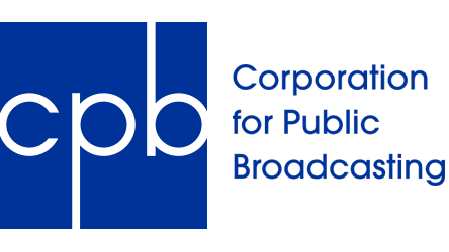Smooth Sailing Expected for DirecTV Deal
Critics of Rupert Murdoch's News Corp.--and the worldwide influence of its media properties from the Fox brands to newspapers to broadcast TV--might think there ought to be a law against the media empire expanding its reach as News Corp. is with its takeover of Hughes Corp., the parent of satellite video provider DirecTV.
But there isn't such a law, at least not one likely to raise alarms at the FTC, FCC or Justice Dept., according to analysts. And that, some say, points to the absurdity of the other media ownership regulations now under review.
In the U.S., News Corp. owns 33 TV stations, the Fox TV network, the Fox News Channel, the F/X channel, the Fox Sports cable network and 20 regional cable sports network, according to an FCC filing by Sinclair Broadcast Group, which is challenging restrictions on ownership of two television stations in a single market.
"The proposed combination would permit News Corp. to own, in numerous markets across the nation, a television news station and a multichannel video programming distributor, which would not only serve as a gatekeeper of programming transmitted over its distributions system, but would also dictate the programming content appearing on numerous widely watched programs, including news programs," Sinclair wrote. "Any rule which prohibits the ownership of more than one television station in a market (regardless of whether those stations produce their own news), while at the same time allowing a large multi-faceted media company to own extensive media properties in those same markets, cannot be rationally defended."
That DBS property may grow: Boston-based Yankee Group forecasts DBS growth to 27.1 million households (down from an earlier forecast of 29.7 million) by the end of 2007, compared to 20.6 at the end of 2003. The group foresees aggressive marketing by DirecTV's new owner and sees PVR deployment by DBS operators as "critical" in the competition with cable and its VOD services.
Yankee Group predicts an 18 month wait for regulatory and shareholder approval of the deal. Some opposition has already surfaced; a group of investors has already sued GM over the terms of the deal.
Consumers Union said the deal as likely to lead to higher prices for cable and satellite subscribers.
"Rather than use DirecTV to compete with cable companies and drive down prices, News Corp. can maximize its profits by raising prices for its popular TV network, news channel and sports programming distributed by all cable and satellite companies," the group's senior director for public policy and advocacy, Gene Kimmelman, said in a statement. "It would be far more profitable for News Corp. to maximize programming prices and ad revenue from approximately 70 million cable customers, 20 million satellite customers and 15 million over-the-air households to drive down the price of DirecTV and slowly grow its base of 11 million customers."
Kimmelman also linked the deal to the media ownership rules now under FCC consideration, saying it illustrates the danger of excessive control over media and called on the FCC "to tighten rather than loosen current media ownership rules."
The professional video industry's #1 source for news, trends and product and tech information. Sign up below.
